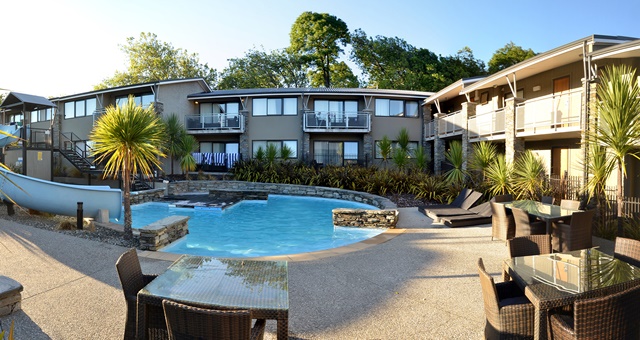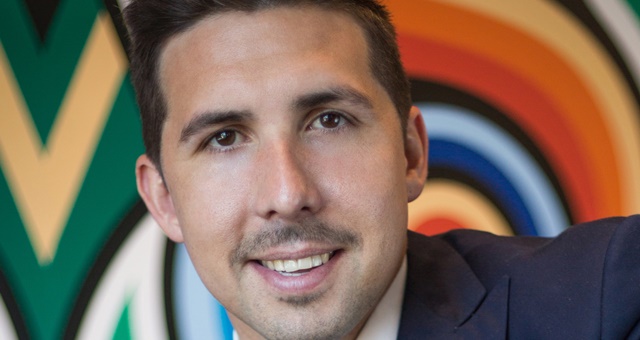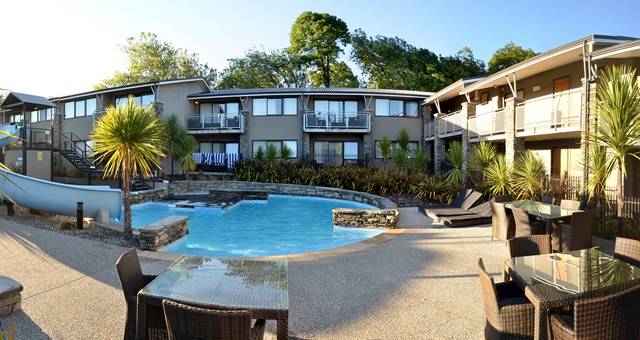
Hospital-grade Ecolab disinfectants will become the standard cleaning tool at all Wyndham Destinations Asia Pacific resorts in Oceania, the South Pacific and Asia as part of the brand’s heightened hygiene protocols.
Wyndham is the latest of the major accommodation groups to detail its revised cleanliness and sanitation practices which have now been rolled out at all Club Wyndham resorts, which will benefit both short-stay guests and timeshare owners.
The company will expand the rollout of online check-in and keyless entry to rooms along with drive-thru check-in where possible. All high-touch surfaces such as light switches, elevator buttons, touchscreens, handles, railings and more will all receive more regular and intensive cleaning, with furniture also relocated to adhere to social distancing norms.
Food and Beverage will also change at Club Wyndham properties, with traditional buffets removed at all restaurants and cafes. Staff will be provided with and required to wear PPE when it is a local requirement, while hand sanitiser wipes will become more widespread and guests encouraged to use as needed.

Housekeeping will become more structured, with teams of two working together all day to minimise contact with different people. Rooms will be cleaned in a set order, with visual inspections conducted first and linens removed before, with protective gloves and cloths changed frequently. Staff will also receive a health check every morning before starting their shift, while the company will also impose capacity limits on lunchrooms and how items such as phone receivers are to be cleaned after each use.
Wyndham Destinations Asia Pacific VP Operations, Warren Cullum, said the company’s operations teams went back to the drawing board to rethink how every interaction could be done in the safest and cleanest way possible.
“We considered everything from guest check-in, use of resort amenities, housekeeping and other obvious examples of contact to more subtle interactions, like the way keys are handed between staff.
“The health and safety of our guests and timeshare members has always been our top priority and the pandemic has really vindicated that approach,” Cullum added.

